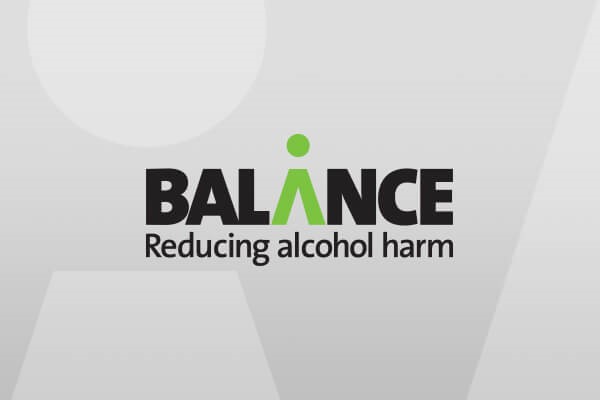A fresh start in the New Year
Colin Shevills, director of Balance, the North East alcohol office, said: “The New Year is a perfect opportunity to take stock of our health, which includes thinking about how much alcohol we are drinking.
“Drinking more than the recommended limits – on a daily or almost daily basis, can have some serious long term implications for our health, including mouth and breast cancer, heart disease and stroke. In the short term, drinking too much can cause anxiety, impotence or even death from alcohol poisoning or suffocation from choking on your own vomit.
“Taking a break from drinking or reducing your intake is good for your long term health – but there are also a range of immediate benefits such as feeling better in the mornings, having more energy during the day and losing weight.”
The short term health risks of alcohol
• Anxiety
• Sexual difficulties such as impotence
• Impaired judgement leading to accidents and injuries
• Slowed breathing and heartbeat
• Loss of consciousness
• Suffocation through choking on your own vomit (aspiration)
• Potentially fatal poisoning
Drinking heavily also increases your calorie intake, and it is frequently associated with obesity. This in turn leads to increased health risks. Adding 3 or 4 units per day to your usual diet would lead to an increase in weight of around 4lbs in four weeks.
The good news is that the short term effects of drinking are reversible. When you reduce your drinking, the symptoms improve.
How will cutting down help?
If you regularly drink more than the NHS advises, you’ll probably find that cutting down will be good for your health. The most immediate effects you’re likely to feel are:
• Feeling better in the mornings
• Being less tired during the day
• Your skin may start to look better
• You’ll start to feel in better shape
• You may stop gaining weight
There are other, more long-term, benefits as well.
Alcohol and mood
There’s a strong link between heavy drinking and depression and a hangover will often include anxiety and feeling low. If you already feel anxious or sad, drinking can exaggerate this, so cutting down may mean you’re in a better mood generally.
Alcohol and sleep
Drinking can affect your sleep. Although it can help some people get to sleep quickly, once you’re asleep it can disrupt your sleep patterns and stop you sleeping deeply. So if you cut down, you should feel more rested when you wake up.
Alcohol and behaviour
Drinking can affect your judgement and behaviour, for instance you could become irrational or aggressive when you’re drunk. Memory loss can be a problem during drinking, and in the longer term, for regular heavy drinkers.
Alcohol and your heart
Long-term heavy drinking can lead to enlargement of your heart. Alcohol can also contribute to high blood pressure and damage to the arteries of your heart – all of these can lead to a heart attack.
Alcohol and your immune system
Regular drinking can affect your immune system by interfering with the molecules that control it. Heavy drinkers tend to catch more infectious diseases, while if you’re drunk and have an accident (e.g. in a car), it has been found that you have a higher chance of complications from a poor immune system.
Some tips for cutting down
Make a plan
Before you start drinking, set yourself a limit on how much you’re going to drink.
Set yourself a budget
Only take a fixed amount of money to spend on alcohol.
On your side
If you let your friends and family know you’re cutting down and that it’s important to you, you may get their support.
Take it a day at a time
Try and cut back a little each day – then every day you do is a success.
Make it a smaller one
You can still enjoy a drink but go for smaller sizes. Try bottled beer or a small glass of wine.
Have a lower-strength drink
Cut down the alcohol by swapping a strong beers or wines for ones with a lower strength (ABV in %).
Stay hydrated
Drink a pint of water before you start drinking and avoid using alcohol to quench your thirst.
Take a break
Have the odd day here and there each week when you don’t have a drink.
